“...But we will never have peace in the world until men everywhere recognize that ends are not cut off from means, because the means represent the ideal in the making, and the end in process, and ultimately you can’t reach good ends through evil means, because the means represent the seed and the end represents the tree...”
12 years, 11 months, and 4 days before I was born a congregation assembled at the Ebenezer Baptist Church in Atlanta, Georgia to hear their preacher deliver his morning sermon. Upon reaching the pulpit, the preacher greeted his congregation saying, "Peace on Earth...This Christmas season finds us a rather bewildered human race. We have neither peace within nor peace without. Everywhere paralyzing fears harrow people by day and haunt them by night. Our world is sick with war; everywhere we turn we see its ominous possibilities. And yet, my friends, the Christmas hope for peace and good will toward all men can no longer be dismissed as a kind of pious dream of some utopian."
As he continued his sermon, Martin Luther King, Jr. poignantly argued against the popular belief amongst great nations that one can simply divorce the means they employ from the ends they want to achieve. He said powerful nations think that the means are of little consequence so long as the just society is realized. No matter if their means are violent, dishonest, or unjust, powerful nations assume the just society should be pursued by any means necessary. King, however, declares that such dangerous thinking actually puts the just society further out of reach.
Like the interrelated world in which we live, King asserts that the means and the ends are eternally interconnected. I've always taken delight in the manner King proves his thesis to his congregation. He doesn't use complex algorithms or dazzling statistics. Instead, King substantiates his argument by appealing to God's creation embodied in the seed and the tree. Just as one doesn't grow oranges by planting apple seeds, neither can one expect to bring about peaceful and just ends by using violent and corrupt means.
While King's argument is decidedly persuasive, it is not entirely original. I recently came across a reading from Matthew 7 that I can't help but think inspired King's sermon. In v.16-18, Jesus warns his disciples saying, "By their fruit you will recognize them. Do people pick grapes from thorn-bushes, or figs from thistles? Likewise, every good tree bears good fruit, but a bad tree bears bad fruit. A good tree cannot bear bad fruit, and a bad tree cannot bear good fruit."
In age of customization and compartmentalization, is it any wonder why our nation and our world continually fails at securing justice and establishing peace? Our culture finds interconnectedness an annoying impediment to one's autonomy and personal freedoms. Our world judges interrelatedness an irritating hinderance to political dominance and economic supremacy. Consequently, we live in a dangerous time that where most are obsessed with affects while having little concern for causes. By which I mean, more often the question is asked, "how will I be affected?", while less frequently does one consider, "will this or that cause others to suffer and grieve?"
Neither Jesus, King, or myself claim to have discovered a perfect solution to terrorism and racism. What is certain is that terrorism and racism blossom only after seeds of hate and ignorance have been planted. Therefore, I've come to believe that peace and reconciliation grow only when seeds of love and forgiveness have been sown. Haven't empires and factions have planted enough bad trees through the ages? Has not their bloodshed and oppression produced an endless supply of bad fruit?
It has been almost 50 years since King delivered his Christmas sermon on peace, and the need for good trees and good fruit is greater than ever. So this Christmas season may we be the grapes among the thorns. May we be the figs among the thistles. Where there is division growing, may we plant seeds of unity instead. Where there is fear rising, may we sow kernels of hope in its place. For if we are ever to reach the just society, it will be thanks to the unbreakable bond between seeds and trees.
CJE

